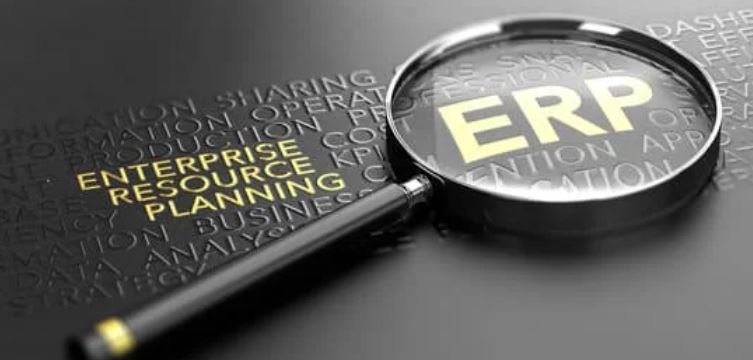From time to time, events occur which shine a light on weaknesses as to the flow of data within our existing information systems. Looking back at my year with IMEC, several of these types of events readily come to mind which to a varying degree affected nearly everyone including Y2K, 9/11 and the Great/Global Recession, while many other events affected certain sectors of the populace, such as regional power or widespread internet outages. In each of these instances, system shortcomings were exposed and inconveniences were experienced.
How COVID-19 has Exposed Opportunities to Optimize Information Systems
Posted by John Remsey on Jun 3, 2020 8:08:28 AM
Implementing a Manufacturing Information System (ERP) to Generate Optimal Results
Posted by Simone Erskine on Jun 13, 2018 2:06:34 PM
What will happen when you to refine, standardize, streamline and integrate all of your business processes across finance and accounting, IT, HR, R&D, sales, distribution, and other departments with an effective ERP system? You will see greater efficiency in your practices with an organization performing at its peak.
"Before implementing a new ERP or manufacturing information system, a company should recognize that a new system, alone, cannot solve work-arounds and inefficient processes. Investing time to improve your internal workflow in conjunction with the new system will allow for a smoother transition to a more effective implemented solution. Don’t let fear of failure or going over budget keep you from taking your company to the next level." – John Remsey, Technical Specialist (IMEC)
How much time does your company spend gathering and distributing information?
Is Your IT System Living Up To Its Capabilities?
Posted by IMEC on Mar 27, 2018 4:35:26 PM
Companies that purchase a new manufacturing information system do so to better manage the business, cut costs, and improve customer relationships – i.e. the “strategy”. However, when it comes to implementing the system – the “art of execution” – many companies settle for a less than fully-functional solution. An audit, or gap analysis, of your existing system may yield substantial opportunities for improvement, especially if your company:
- Does not have an IT manager or other personnel intimately familiar with the system.
- Is upgrading an existing system but wants to pinpoint the potential benefits first.
- Experiences disruptions because of underutilized or incapable systems.
- Is in an industry where customer requirements or regulations change frequently.
- Is on a lean journey.
- Has concerns about system fault-tolerance and/or disaster recovery.
- Is experiencing very large year-over-year growth patterns.
- Customer or supplier information exchange interfaces have changed.






